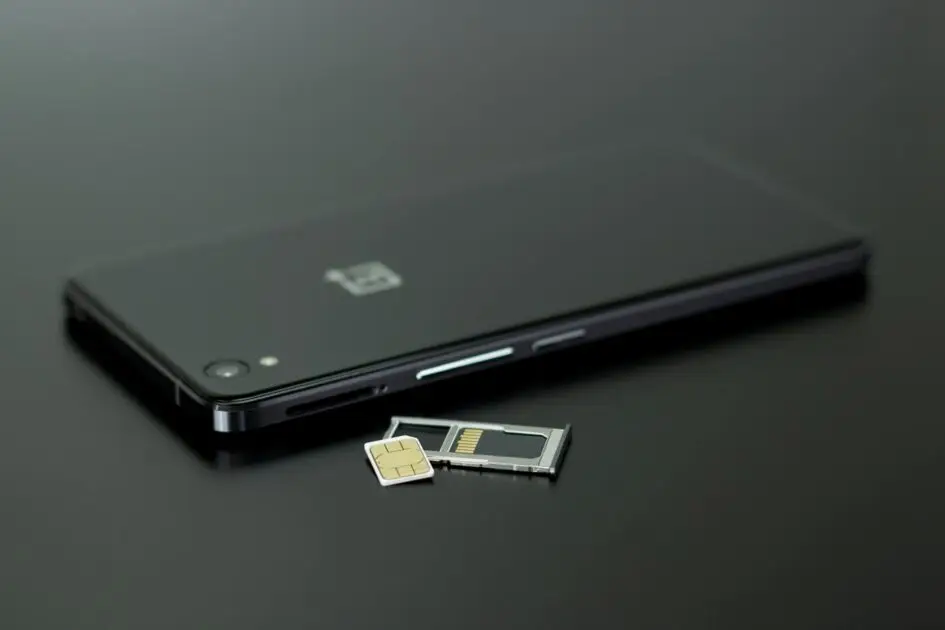A digital detox is a conscious decision to step back from screens and online activities, giving your mind and body a break from constant digital engagement. It means pausing the use of smartphones, computers, and social media to ease mental strain, improve emotional health, and strengthen real-world connections. The goal is simple — to reconnect with yourself and the environment around you while creating a healthier balance with technology.
Digital Detox is no longer a luxury — it’s a survival skill for today’s students. In an era where smartphones, social media, and constant notifications dominate every waking hour, students are struggling to stay focused, sleep well, and maintain mental clarity.
From morning alarms to late-night scrolling, technology shapes their day — but without boundaries, it can drain productivity, disrupt sleep cycles, and heighten anxiety. The solution? Learning to step back through intentional, screen-free time that helps recharge the brain and restore balance.
The Hidden Drain You Don’t Notice
Have you ever opened your phone “just for five minutes” and then realised an hour has vanished? Or found yourself switching between study notes and Instagram, only to forget what you were revising?
This is the silent tax technology is charging our minds. And while smartphones, tablets, and laptops make life easier, they can also erode focus, sleep, and mental wellbeing if used without limits.
For today’s students, the challenge isn’t learning technology — it’s learning to take a break from it. That’s where Digital Detox comes in — a conscious, scheduled pause from screens to recharge your brain, improve focus, and reconnect with the offline world.
What is a Digital Detox?
A Digital Detox is not about abandoning technology entirely. It’s about creating intentional “offline time” — moments when you’re unreachable, unscrolled, and un-notified.
Think of it as a “reset button” for your mind:
- Before Detox: Your eyes ache, your head feels heavy, and your focus is scattered.
- After Detox: Your thoughts are clearer, your mood lighter, and your attention sharp.
Instead of endless scrolling, detox time might mean walking in the park, playing a sport, cooking, journaling, or just talking to someone face-to-face — without checking your phone every few minutes.

Why Students Desperately Need a Digital Detox
Today’s academic life is already high-pressure. Add constant device use — from online classes to social media — and you’ve got a recipe for burnout.
📊 According to WHO, students spend 3–5 hours daily on screens outside of schoolwork. The fallout includes:
- Shorter attention spans
- Poor sleep quality
- Higher stress and anxiety
- A sense of disconnection despite being “always connected”
Real Story:
Rahul, a Class 12 student, used to browse memes and videos late into the night. By morning, he felt exhausted and inattentive in class. A simple change — putting his phone away an hour before bed — transformed his mornings. He now wakes up refreshed and scores better on tests.
The Unseen Costs of Excessive Screen Time
1. Mental Health
Constant exposure to curated online lives fosters unhealthy comparison, loneliness, and low self-esteem.
2. Physical Health
Eye strain, headaches, and back or neck pain are common among students glued to screens for hours.
3. Academic Performance
Notifications fragment attention, making it harder to stay with complex concepts or solve challenging problems.
Example:
Pooja, an engineering student, struggled to focus on programming projects. She cut social media after 8 PM and saw her concentration — and coding skills — improve within a month.
How Digital Detox Transforms Student Life

- Sharper Focus: No distractions mean deeper learning and better retention.
- Quality Sleep: Reduced blue light exposure lets your brain rest naturally.
- Better Time Use: More hours for revision, hobbies, or exercise.
- Stronger Bonds: Face-to-face conversations replace emoji-only chats.
- Lower Anxiety: Distance from social media reduces the constant urge to compare.
Case in Point:
Ananya, preparing for competitive exams, set a 9 PM device cut-off. The result? She slept better, studied more effectively, and improved her mock test performance.
The Hard Part: Why Digital Detox Feels Impossible
Students often rely on devices for assignments, online research, and communication. Going offline completely isn’t realistic.
Solution: Start small, and make it practical.
- Designate No-Phone Zones: Your bed, dining table, or study desk.
- Block Time-Wasters: Use app blockers during study hours.
- Offline First Hour: Avoid screens for the first hour after waking up.
- Track Screen Time: Awareness is the first step to change.
Digital Detox: Not Just for Students
While students benefit the most, professionals and families can also reclaim mental clarity, creativity, and emotional connection through detox habits.
Example:
Aman, an IIT aspirant, blocked all social apps between 6–8 PM. His focus during that time skyrocketed, allowing him to solve advanced math problems faster.
Expert Take: Why This Matters Now
Research from mental health specialists suggests that short, consistent detox periods are more effective than one long break. They act like micro-reboots for your brain, preventing burnout and improving mood.

The Balanced Approach: Technology as a Tool, Not a Trap
The aim of digital detox is balance — harnessing technology for productivity while avoiding overuse. Think of it as driving a powerful car: it can take you far, but only if you know when to hit the brakes.
Your Mind Deserves This Break
A Digital Detox isn’t about rejecting the modern world — it’s about taking back control. Whether you’re a student preparing for exams, a professional seeking mental clarity, or someone craving genuine human connection, intentional breaks from devices can transform your life.
When you put your phone down, you pick your mind up.
AryaLekh (DoFollow) : Click Here
- Digital Youth 2025: How Technology Shapes Young Minds and the Global Push for Mental Health Solutions
- Raksha Bandhan 2025 Wishes: 15+ Wonderful Message और बहन के लिए दिल छू लेने वाले तोहफे
- Honey Rose Actress Biography – Grace, Strength & Impact
- क्यों दक्षिण भारत महिलाओं के लिए उत्तर भारत से बेहतर है – सुरक्षा, शिक्षा और समानता
- Why South India is Better for Women Than North India – Safety, Education & Equality
- श्वेता मेनन केस: हाईकोर्ट का 1 चौंकाने वाला फैसला, मिली जबरदस्त राहत
- US Tariffs on India: 50% Hike to Exports, Prices & Economic Fallout
- Global News Today 2025: Breaking Updates on World Economy & Political Shifts
- Friendship Day 2025 – Golden Lessons of Love, Trust & Sacrifice That Can Make or Break Your Bond









